Try to remember the last time you were clueless about what is going on around you. Was it when you went for the first time to a country you did not know the language of? Or was it when you had your first advanced maths class in college looking at all the complex formulas? Remember how you felt at that time… Were you frustrated or curious? Maybe a little bit afraid? Nowadays, many of us are feeling this way. Why? Because we are living in a technological revolution where previously established concepts crumble overnight and leave us in the dust feeling alienated.
One of the main actors of this revolution is data. Its role and importance have been growing in every sphere from business to governance to education as we are becoming a more and more data-driven society. So much so that it is changing sayings that existed for centuries.
“In God, we trust” has now become “In Data we trust”.
The most important question is, what does it take to understand the language of data and have a say over where we want to go as a society? Do we want to become a data-surveillance society where data systems get to know us better than we do (without letting us know)? Or do we want open data so that it will benefit not the few but the many, and allow us to excel as a race? Whatever option sounds better to you, if we don’t understand what data is telling us, if we are not able to have a say and create better data-systems, and if we are clueless about how data is doing what it is doing, how informed could our decisions be?
There is one clear answer to these questions: We have to become data literate! Of course, data literacy is not a simple and one-size fits all concept, there is a wide spectrum where we can still be data-literate but not necessarily know how to create data visuals. Shoes are a brilliant metaphor for data literacy. All shoes have some kind of sole and some bits that hold the sole. But there are more features than these in shoes. Maybe a bit of heel or zips because they have to serve our purpose. In data literacy, we all have to have basic skills to use when we are faced with data such as critical thinking, fact-checking and sourcing data. On top of these, we can have a tailored skill-set that will work the best in our circumstances. A runner will most likely have running shoes rather than winter boots... Just like a data specialist has to know if the data they are using is accurate and clean in order to get the best results but they do not have to know how to create a data-visual for news. What we have to figure out is: How can we know what shoes we need? What skills will allow us to unleash the potential of data, for ourselves also for society?
Whilst we can have some guesses about ourselves, we cannot guarantee that we will not deceive ourselves and over(or under)estimate our skills. Therefore, we see a need to create a tool to help us measure our data literacy while accounting for our role in society as well as the organizations we are working at. Do you want to know more about how we can prepare such a framework, a tool that will bridge the gap between data and us? Come along to our talk.
Gülşen Güler & Christian De Neef


Share